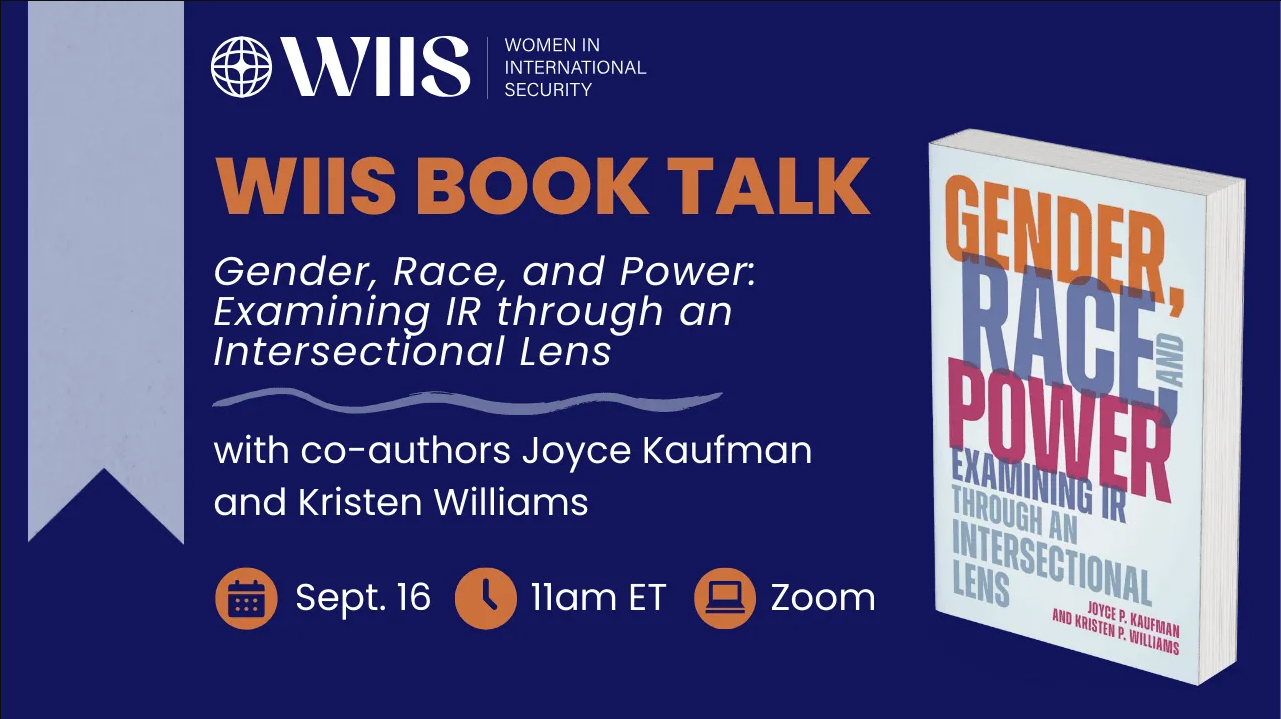To the Editor:
Re “U.S. Policy’s Focus Turns From Freedom to Profits” (news article, Dec. 7):
The Trump administration just released its 2025 National Security Strategy, which some have called “the Trump Corollary to the Monroe Doctrine.” The document illustrates how little this administration understands history.
The Monroe Doctrine of 1823 laid out U.S. policies and priorities regarding the Western Hemisphere in a world that was dramatically different from the world today. The United States was then a new country seeking its place in the world, and that included warning the European nations, the major powers, that this continent was part of our “sphere of influence.”
It was not an opportunity to “restore American pre-eminence in the Western Hemisphere,” as the new Trump document puts it, nor was it a way to hunt for “major business opportunities.” Rather, in the words of Monroe, it was the “true policy of the United States to leave the parties to themselves.”
The Security Strategy outlined by this administration is less about ensuring the security of this country than it is about ways to make money.
Previous administrations have used this congressionally mandated document to make clear the United States position in the world, outline potential threats and, if necessary, the use of the U.S. military as a force for good.
As noted in your article, the document “codifies Mr. Trump’s well-established aversion to Europe’s liberal governments and his readiness to overlook human rights abuses.” But the document also ignores the fact that it was the United States and Europe that established the liberal democratic order that has kept the peace since the end of World War II.
Upsetting that order, in pursuit of money without any moral compass or strategic vision, is a recipe for little gain for the United States or other countries except China and Russia, which will be the beneficiaries of these changes.
—
Originally published by the New York Times on December 9, 2025: Opinion | Trump’s Bleak View of the World

